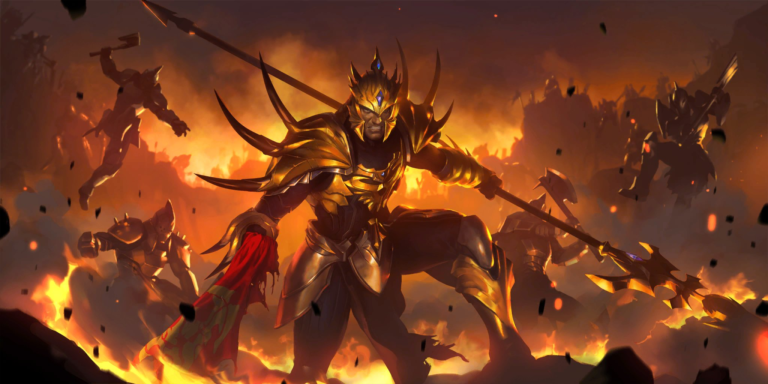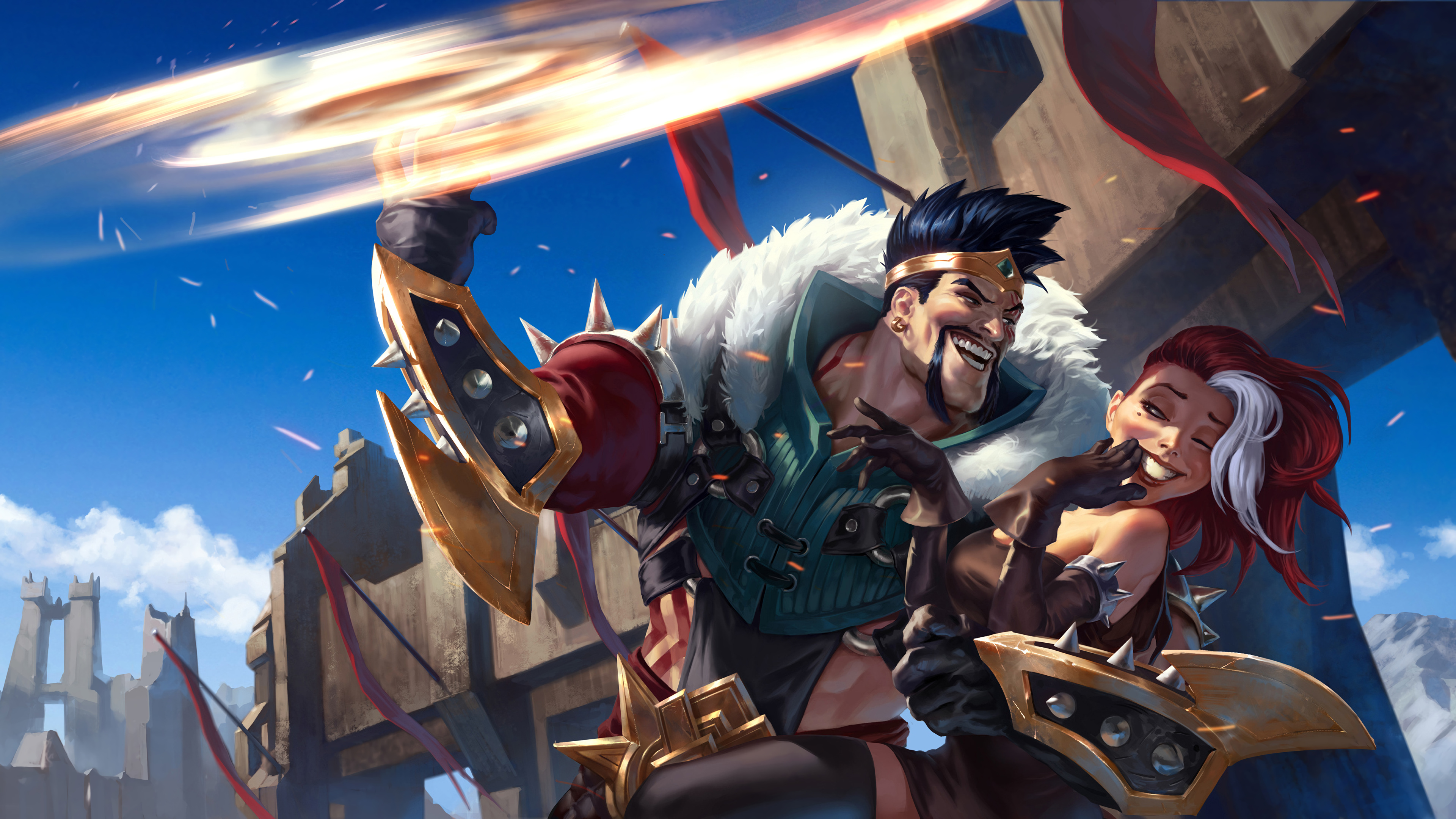

There’s a tooltip for every single keyword that explains it. Selecting a card brings up a large version of it along with all other cards and effects it can produce. LoR’s fantastic interface is loaded with small touches to make everything clear.

Of course, more back-and-forth play and the ability to respond to your opponent with your own spells also makes a card game more difficult to learn. This back-and-forth, “last-in-first-out” chain of events is part of what makes MTG so strategically deep and rewarding, and LoR delivers more of it than Hearthstone. You can play more cards during your opponent’s turn, and respond to their own spells with spells of your own. LoR follows most of those simplification innovations-players have a single resource (mana) instead of multiple “colors” that automatically escalates as play progresses, cards don’t “tap” and become unusable, the rules about which players can play which cards are simplified, and so on.īut LoR is decidedly more complex than Hearthstone. Much like Hearthstone and many other digital card games, the general game flow is somewhat simpler than physical games like Magic: The Gathering.

I wouldn’t have expected the maker of hyper-competitive and somewhat inscrutable League of Legends to do such a fantastic job on all fronts, and yet Legends of Runeterra delivers in spades. It sounds so simple, but of course producing a game that nails all of those aspects is rare. With great voice lines, it gives the game a lot of personality.


 0 kommentar(er)
0 kommentar(er)
